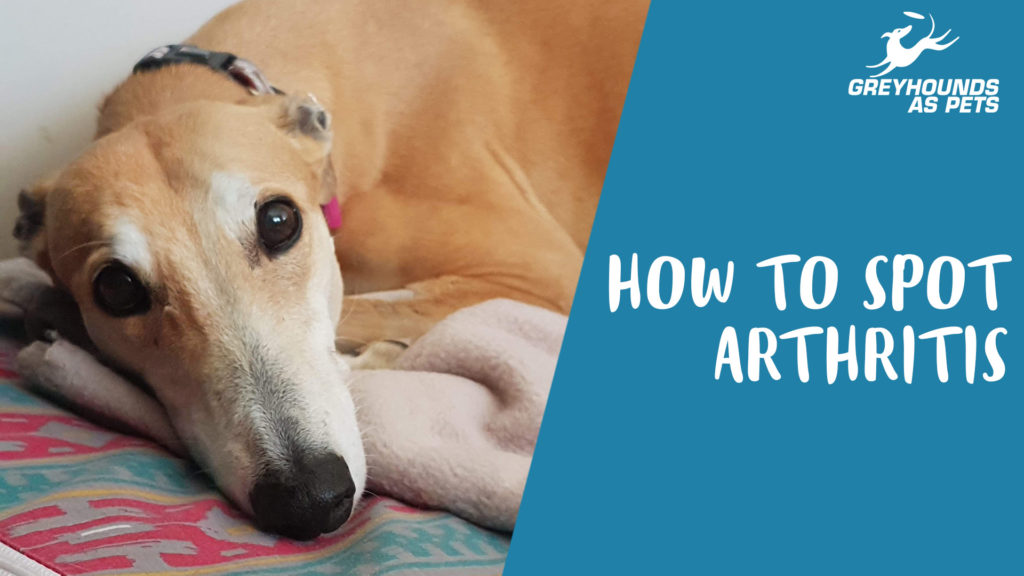
How to spot arthritis
Like us, dogs in old age begin to show signs of wear and tear in their joints. It’s not uncommon for dogs to develop arthritis in their hips, knees, shoulders and elbows which may cause discomfort and reduce their mobility.
It can be difficult to know if your dog has arthritis as they may mask or not show obvious signs of pain. There are however, signs that you can look out for that may give you clues that your pet is suffering from arthritis:
- Change in normal behaviour with a reluctance to walk, run, jump or play
- Limping
- Slower pace when walking
- Weight gain
- Difficulty getting up
- Yelping in pain when being touched
Although greyhounds joints are physically often very hardy compared to other large dogs, just like all dogs they can be affected by arthritis. To help improve your dog’s quality of life, it’s important to diagnose and manage arthritis as soon as it becomes a problem. Your Vet will be able to accurately diagnose your dogs’ condition and provide clarity on the severity of the disease in your dogs’ joints.
The good news is there are steps you can take today to prevent or delay the development of arthritis in your pooch:
Healthy diet
Obesity is the biggest cause of joint deterioration in dogs, the extra weight places increased pressure on joints and can lead to the development of arthritis. While it’s easy to get sucked in by their begging eyes, it’s important to feed your dog a healthy diet and appropriate portions for their size and breed. You can find more under ‘how much should I feed my greyhound’
Exercise
Getting your dog moving is important to keep joints naturally lubricated, however, please ensure you understand the right kind and amount of exercise appropriate for your dog. It’s possible to over-exercise your dog which makes them more susceptible to injury from overexertion. Generally, a 20 minute walk each day is good for a greyhound.
Treat injuries
It’s vital to treat any suspected injuries as soon as possible to prevent arthritis caused by injuries. See your Vet as soon as you suspect that your dog has sustained an injury so that they can provide the appropriate medical treatment to your best mate.
More news
 Adoption Day Success At DaptoDecember 19, 2023 10:35
Adoption Day Success At DaptoDecember 19, 2023 10:35 Wellington Joins GAP Prison ProgramBy GRNSWDecember 04, 2023 17:21
Wellington Joins GAP Prison ProgramBy GRNSWDecember 04, 2023 17:21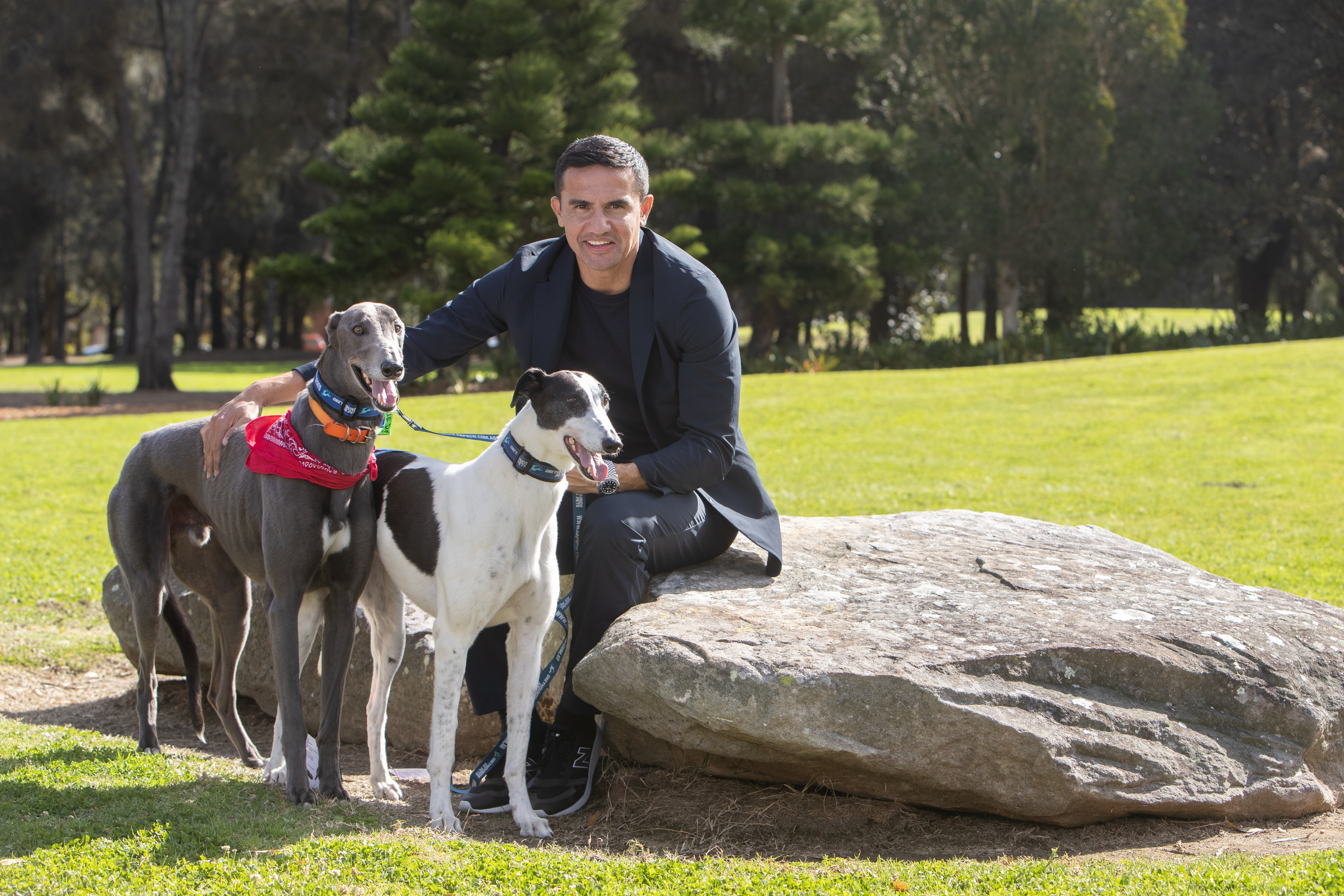 Cahill Now A Hall Of Fame AmbassadorBy GAPNSWNovember 30, 2023 10:20
Cahill Now A Hall Of Fame AmbassadorBy GAPNSWNovember 30, 2023 10:20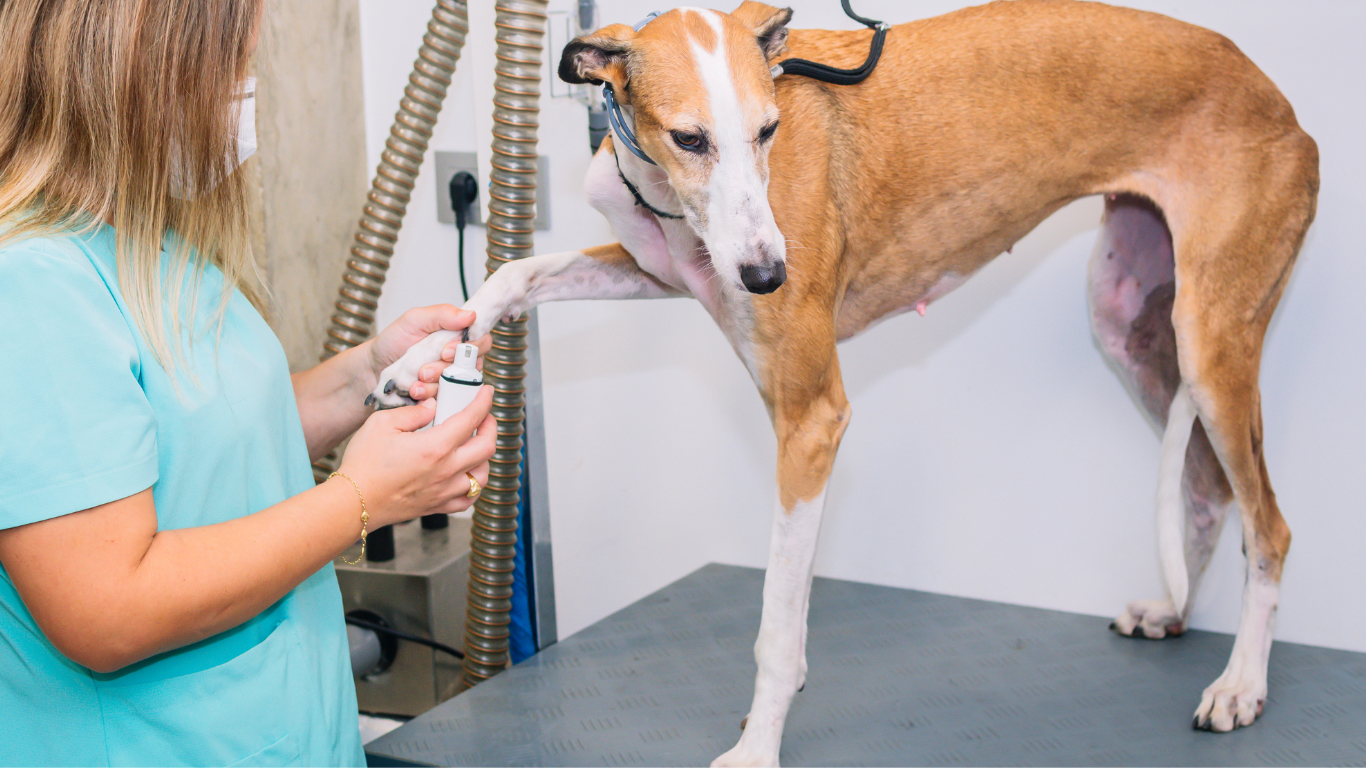 How To Care For Greyhound NailsBy gapnsw.com.auOctober 23, 2023 11:35
How To Care For Greyhound NailsBy gapnsw.com.auOctober 23, 2023 11:35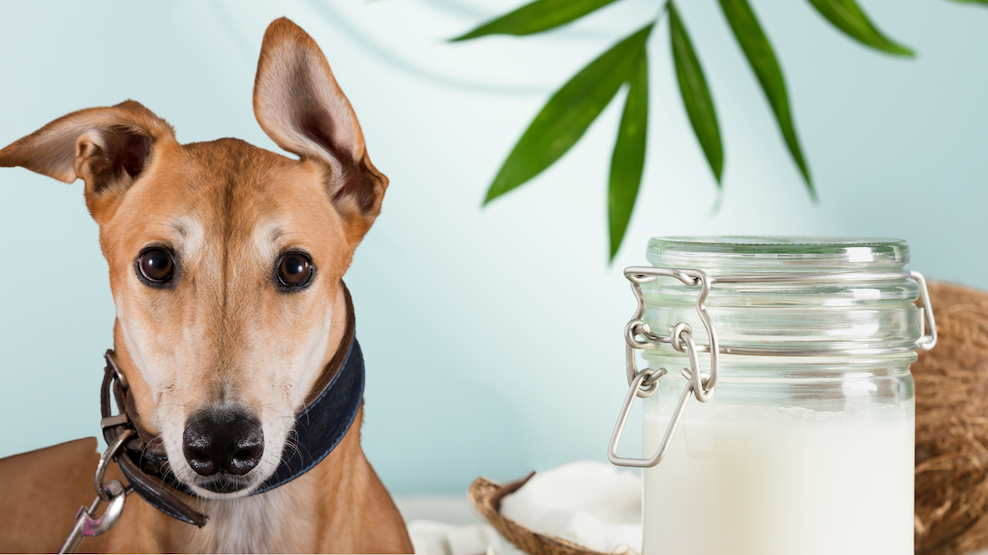 Is Coconut Oil Your Dog's Best Friend?By GAPNSWOctober 23, 2023 09:36
Is Coconut Oil Your Dog's Best Friend?By GAPNSWOctober 23, 2023 09:36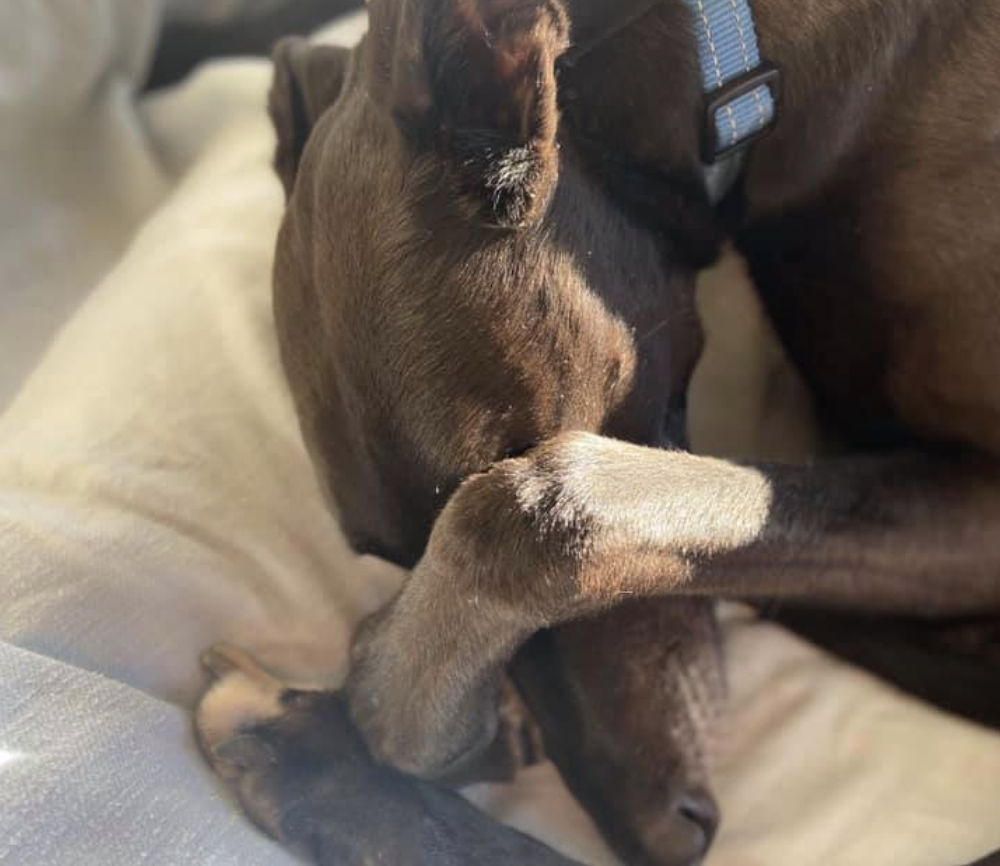 Helping a Greyhound When Relocating Their Safe SpaceBy gapnsw.com.auSeptember 13, 2023 11:10
Helping a Greyhound When Relocating Their Safe SpaceBy gapnsw.com.auSeptember 13, 2023 11:10